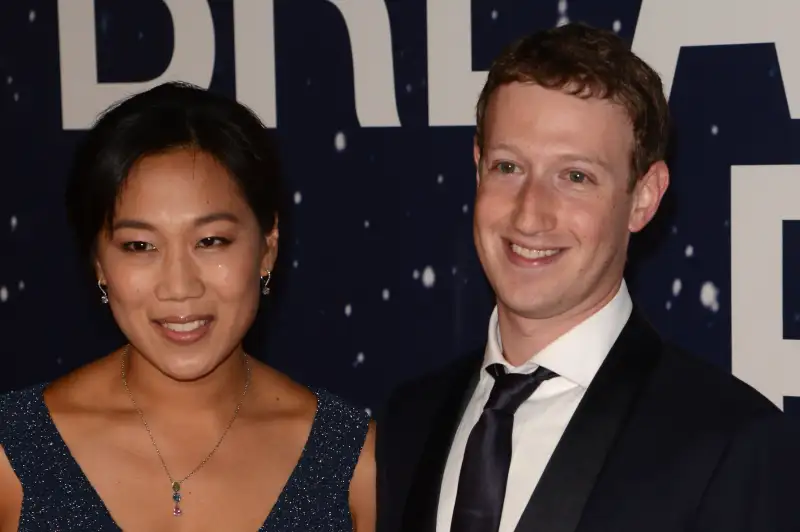How Mark Zuckerberg and Priscilla Chan’s Donation Could Save Retirement

An open letter to Mark Zuckerberg:
I hear that you plan to give away 99% of your Facebook shares - valued at $45 billion - for philanthropic purposes. What a great idea!
Your timing makes sense - as a new parent, you naturally begin to think about legacy and the world in which your children will live.
While you and your wife, Dr. Priscilla Chan, begin the search for ways to make an impact, here is a suggestion: rescue the future retirement security of every child in America with a "Baby Roth" account.
The price-tag: $500 per child, with $500 extra each for low-income babies, which would add up to $38 billion over 10 years.
The funds would go into a tax-advantaged savings account that could grow, with compounding, into sizeable nest eggs at retirement age, according to the founder of the idea, Ray Boshara, director of the Center for Household Financial Stability at the Federal Reserve Bank of St. Louis.
The idea has been proposed in legislation several times over the past decade to no avail. But all that is needed is a simple change to eligibility rules that require earned income for contributing to a Roth account - and the money.
It is a simple, brilliant idea that puts time on the side of our children. Boshara estimates that an initial contribution of $500 to an infant's account, with subsequent annual contributions of $250, would grow to $131,800 at age 65, compared with just $35,300 for an account started at age 25, assuming a 5% annual investment return (before fees).
The hope is that the initial $500 would encourage parents to make later contributions, and then for each recipient to keep funding the accounts through their lives up to the standard Roth IRA limits.
You would be tackling a problem that is accelerating. As it stands now, ownership of retirement accounts has fallen in recent years - just 40% of households owned any type of retirement account in 2013, down from 48% in 2007, according to Federal Reserve Board data. And 57% of workers have saved less than $25,000 for retirement, according to the Employee Benefit Research Institute.
At the same time, valuable traditional defined benefit pensions have all but disappeared in the private sector. And Social Security is on track to replace less pre-retirement income in the decades ahead - the result of higher retirement ages legislated back in 1983 and expected higher health care costs, which will eat into net benefit amounts.
Several large states are moving to create mandatory-participation workplace retirement plans for all workers not already covered by an employer 401(k).
The federal government has rolled out the myRA, a no-fee simple starter account aimed at bringing more savers into the fold.
And a bipartisan consensus on emphasizing retirement saving seems to be surfacing in Washington as part of a broader set of retirement security reforms.
Next month, for instance, a Bipartisan Policy Center task force will issue recommendations on retirement security and personal saving that is expected to include a mandatory national savings program, along with ideas for reform of Social Security and financial literacy initiatives.
Mark, I understand that $38 billion might be more than you want to commit personally - and that would only cover the first 10 years! But I bet you could convince some of the other Silicon Valley tycoons who have been rushing to give away millions lately to chip in, too.
Ideally, you would set this up as a starter investment, with taxpayers agreeing to start funding the program after it is off the ground.
And who knows - your daughter Maxima might even benefit from a Baby Roth herself someday. She would be eligible to start drawdowns sometime in 2076.
Read Next: Mark Zuckerberg Will Pledge 99% of His Facebook Shares to Philanthropic Initiative